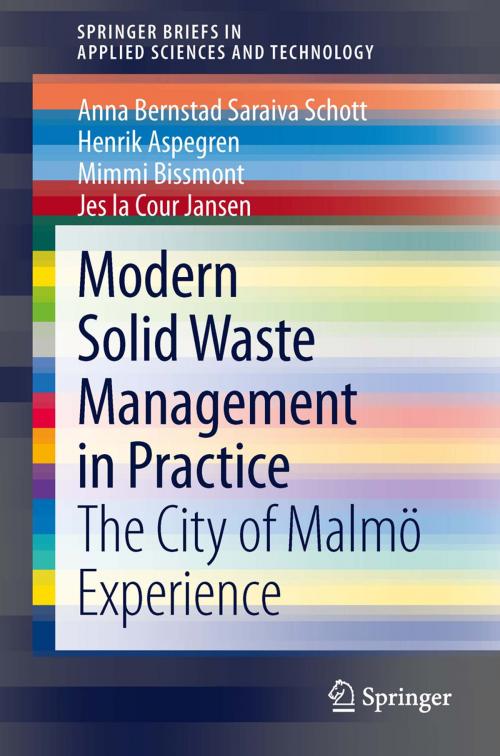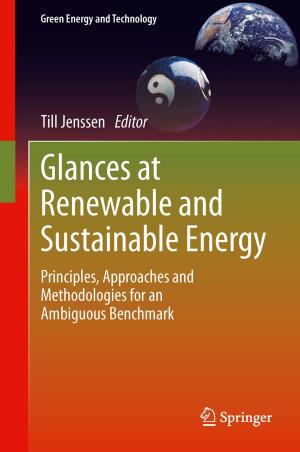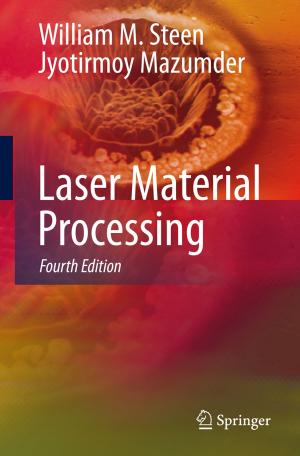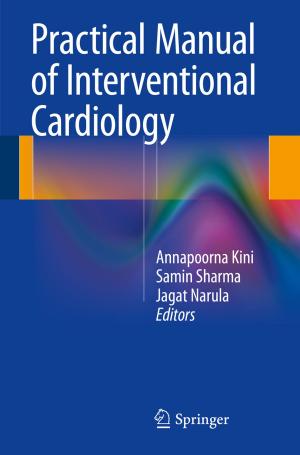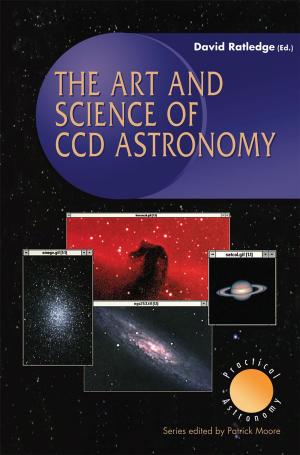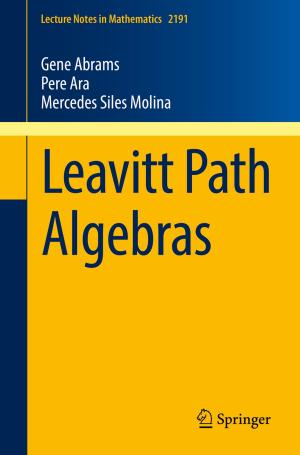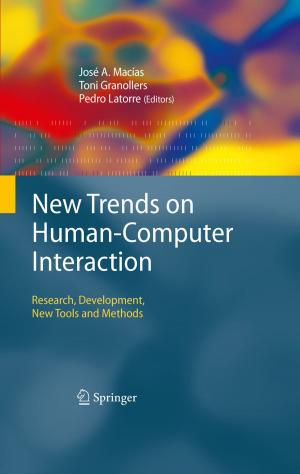Modern Solid Waste Management in Practice
The City of Malmö Experience
Nonfiction, Science & Nature, Technology, Engineering, Civil, Business & Finance, Industries & Professions, Industries| Author: | Anna Bernstad Saraiva Schott, Henrik Aspegren, Mimmi Bissmont, Jes la Cour Jansen | ISBN: | 9781447162636 |
| Publisher: | Springer London | Publication: | December 17, 2013 |
| Imprint: | Springer | Language: | English |
| Author: | Anna Bernstad Saraiva Schott, Henrik Aspegren, Mimmi Bissmont, Jes la Cour Jansen |
| ISBN: | 9781447162636 |
| Publisher: | Springer London |
| Publication: | December 17, 2013 |
| Imprint: | Springer |
| Language: | English |
This book focuses on sustainable solid waste management in an urban context and gives an example of how a modern city can work with waste management for increased sustainability in close cooperation with the academy. The book describes challenges which the city is facing and presents a case on how these can be tackled based on several research and development projects performed in the City of Malmö over the last decade. In these projects, the city has worked as a test bed for new solutions, developed with and evaluated by the university. The projects and evaluations of the same have been developed with a multi-dimensional approach; including technical aspects, resource efficiency, economic parameters, information strategies towards households and user friendliness. Methods used for evaluation are presented in a comprehensive way together with a discussion on how results from performed evaluations have affected the solid waste management policy making in the city. The book describes a bridging over a commonly noticed gap between research on the one hand and policy making and technical management on the other. Several examples are given on how academy and real life and full-scale developments in the city can have a fruit-full collaboration, where feed-back from evaluation of made changes are used for continuous improvements – at the same time as the actual needs from the city forces the academy to develop new methods for evaluations and develop new solutions to previously un-known or un-addressed problems.
This book focuses on sustainable solid waste management in an urban context and gives an example of how a modern city can work with waste management for increased sustainability in close cooperation with the academy. The book describes challenges which the city is facing and presents a case on how these can be tackled based on several research and development projects performed in the City of Malmö over the last decade. In these projects, the city has worked as a test bed for new solutions, developed with and evaluated by the university. The projects and evaluations of the same have been developed with a multi-dimensional approach; including technical aspects, resource efficiency, economic parameters, information strategies towards households and user friendliness. Methods used for evaluation are presented in a comprehensive way together with a discussion on how results from performed evaluations have affected the solid waste management policy making in the city. The book describes a bridging over a commonly noticed gap between research on the one hand and policy making and technical management on the other. Several examples are given on how academy and real life and full-scale developments in the city can have a fruit-full collaboration, where feed-back from evaluation of made changes are used for continuous improvements – at the same time as the actual needs from the city forces the academy to develop new methods for evaluations and develop new solutions to previously un-known or un-addressed problems.
